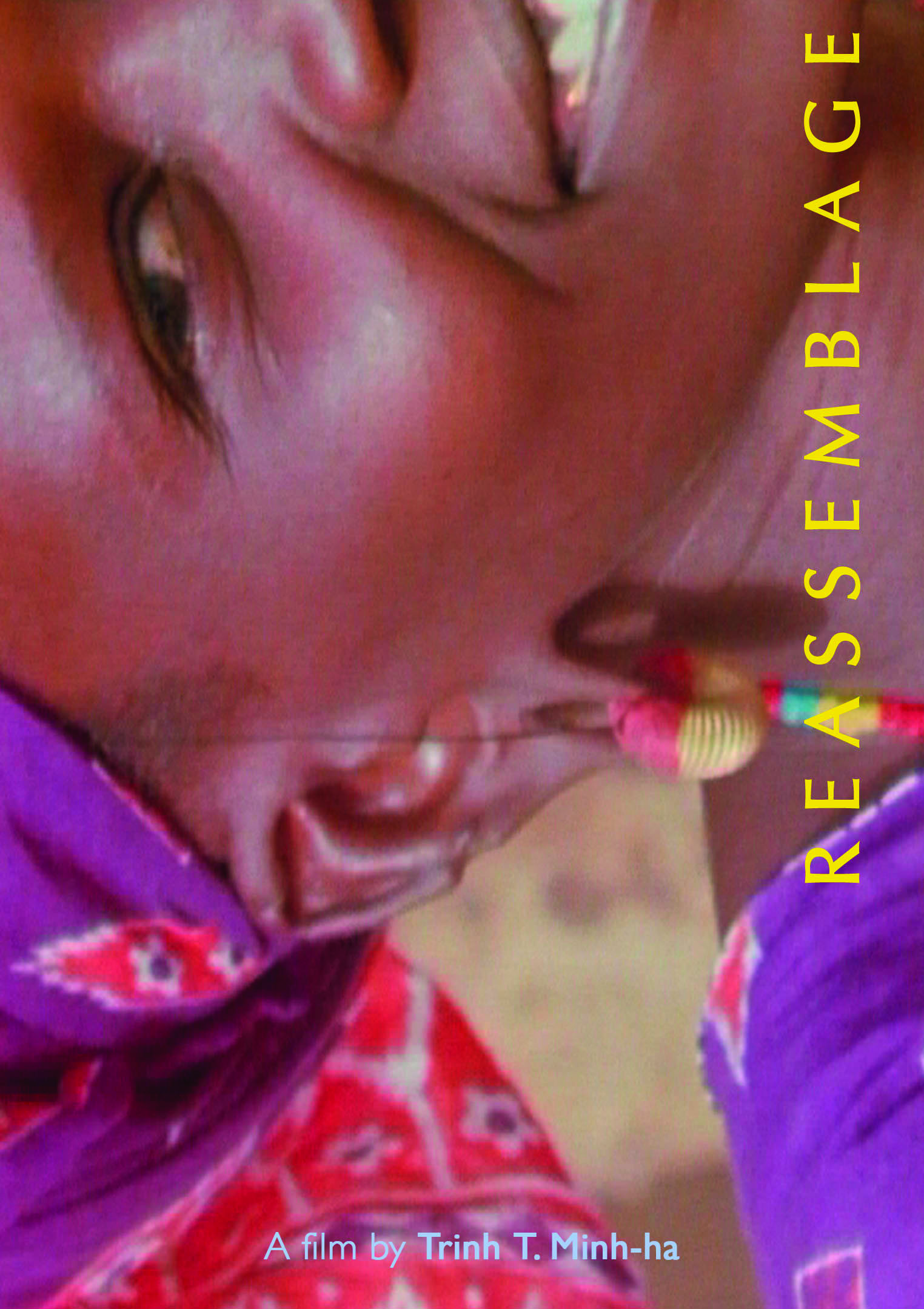The Authentic Documentary
The documentary is always one of my favorite genres because I can learn so many things while enjoying its fascination. However, when I watch Trinh Minh-Ha's Reassemblage, I'm trying my best to enjoy this incredible artwork, but it doesn't work for me because I found myself extremely bored. I even fell asleep multiple times and rewatched it since I missed some essential parts. Why would it happen to me? I think the best reason I can think of is this Assemblage is different than any documentary I've watched before. This difference is not because this documentary is old, but the format and editing are really "odd."
I am not sure if you've watched a documentary called "The Blue Planet," but I would say this is one of my all-time favorite documentaries. I love the ocean, and I enjoy the beauty and mystery of the ocean. But does this documentary really tell us the real picture of the ocean? Even though I want to say yes, the fact is that most of the documentary could be made up. We can't deny that the modern/traditional documentary is part of the bigger industry, which means the profit and number of views are always wights more than the authenticity. It's not a bad thing; the documentary still has its function, recording the fact, but we can't expect it to tell us a 100% true story. As a general public, we are so used to Hollywood, to the fancy screen, and we don't feel comfortable watching something different.
In Reassemblage, we see the form of documentary that we've never seen before. Or, we could say the Reassemblage is the correct form the documentary is supposed to be. There is no fancy narration, perfect screen, and a great story, but only some daily activities, people working, and the concentration of regular life. According to Trinh Minh-Ha, " The filmmaker/camera-operator should either remain as absent as possible from the work, masking thereby the constructed meaning under the appearance of the naturally given meaning, or appear in person in the film so as to guarantee the authenticity of the observation." The Reassemblage perfectly interpreted the absence from the work, in which the camera is the only medium for our observation. We don't expect to see something special but observe real life in order to create certain authenticity. This idea is now missing in the modern/traditional documentary, and people genuinely love to enjoy fake instead of real, including myself.
 |
| Reassemblage, Trinh T. Minh-ha |
I think that the fact you fell asleep is the reason why documentaries like this aren't the mainstream. Hollywood and mainstream documentary makes want to pick an interesting topic and hold the viewers attention and the fact that Minh has a completely different approach can be boring to watch. I think I agree with what you said and what Minh says in that this is a true documentary m and although it may be boring, you can learn a lot. -Davis Wukovits
ReplyDeleteI can see why you didn't enjoy this film. I liked it, but would probably not recommend it to most people. When I view experimental work such as this, I sometimes find it helpful to think of it as sort of a photography exhibition. In some ways, motion pictures have the same effect as still photography on me, and I think it's interesting to think about how films give us visual information outside of narrative.
ReplyDeleteI think separating this documentary from the "standard" documentary is good, but I personally disagree that this is the "correct" form of documentary. I think it unpacks a lot of previously unpacked conventions in standard documentaries, but just because it does that well doesn't justify the entire thing in my mind. It seems to me that there must be a way to make a documentary that addresses the issues that Trinh Minh-Ha addresses without putting the viewer to sleep, as you described was your experience.
ReplyDelete